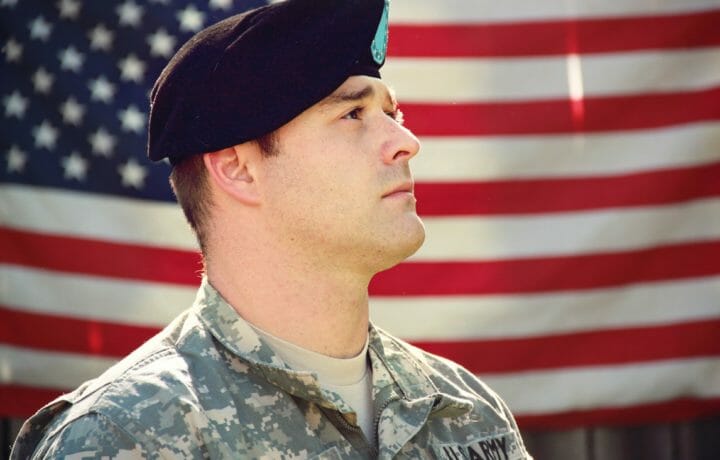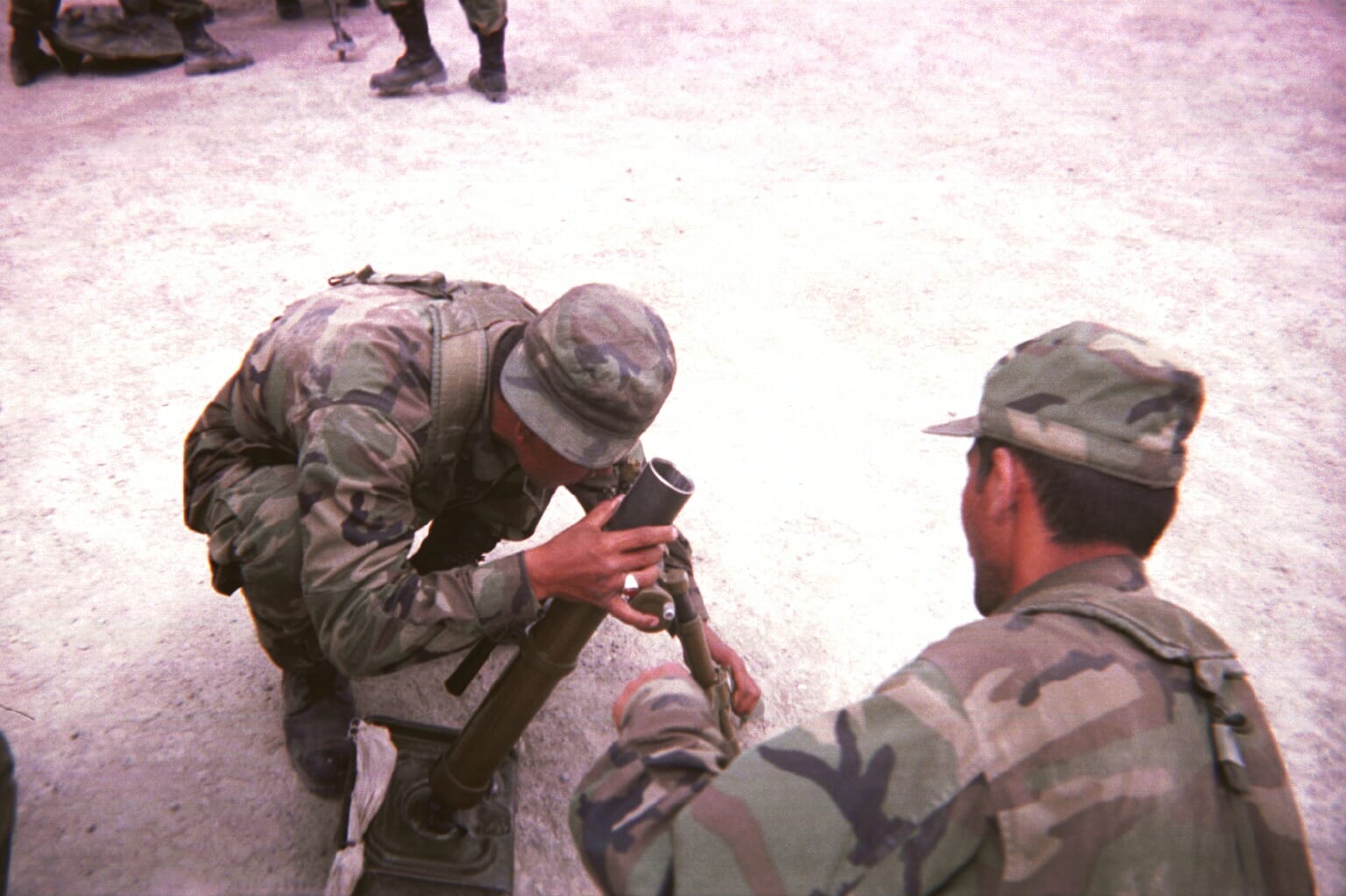Recently, I saw an article that cast soldiers in Afghanistan as possibly cold, uncaring, and even calculating when it comes to civilian casualties (CIV-CAS in military terminology). It led me to send out a twitter thread that tried to better frame this discussion that can be handled in an unhelpful manner in the press and humanitarian circles.
CIV-CAS Conversations Impact Those Affected by the Incident
Besides helping our enemy’s propaganda efforts, media and humanitarian organizations can also cause harm to the families that lost their loved-ones to war when they report callously. Also forgotten in most reporting is the life-long trauma facing a soldier who accidentally takes a civilian life in a war-zone. I am not talking about soldiers who purposefully murder innocents during war; I, like most veterans, want those people to face justice for their crimes.
History Shows Growth in Preserving Civilian Lives
The U.S. military and its NATO partners take great care to preserve civilian lives everyday around the world in their operations. Afghanistan is a challenging place to wage peace. As a student of WWII, who also spent a lot of time hoisting beers with its veterans, I understand how far our military has come in its care to preserve lives in war zones. Those WWII veterans are/were in awe of how we manage to fight under such severe restrictions. Modern CIV-CAS watchers seem to not understand modern soldiering and the rules of war our military members are constantly trained on. Today, the NATO states and especially the U.S. are some of the most careful forces around.
Personal Time in Afghanistan
In 2002, I was part of one of the early discussions/resolutions of civilian deaths in Afghanistan. It was dignified. The parents weren’t interested in any admittance of guilt by America or the Afghan Army; they wanted to talk about their sons.
Our Special Forces were training the new Afghan National Army (ANA) infantry on mortars. Every day, before they started firing live rounds, they cleared the impact zone to ensure no Afghans were present. This was getting harder as the scrap metal from the rounds was worth collecting for money.
On the day of the accident, some young boys went out into the impact zone after it was cleared for live-fire. No one could see them bent down on the ground as the impact area was quite distant from the firing point. The boys were killed when firing started.
The incident was raised immediately. The commander told my boss, the 2-Star in charge of building the ANA, about the details of the event, and it was investigated. It was decided quickly that the General would take part in talking to the families that lost their sons. There were many fathers in the coalition unit helping to build the ANA; they knew how this event would feel if it were reversed.
We used the chaplain and our lawyers to arrange a meeting via the boy’s village mullah. We put on our dress green uniforms and drove out to meet with the fathers near the ANA basic training center (KMTC). A handful of military leaders, two religious leaders, and the fathers sat on the floor in a small room and tea was poured.
We explained the accident and discussed new procedures that we would put in place to prevent future accidents. The fathers weren’t angry. They said they understood the need for ANA training and were sad by their loss.
I was struck by their grace and calm. We sat for an hour. The fathers spoke of their boys. They each went around the room talking openly and tears finally started…we all hid them at first. The religious leaders gave us all some fine words, but the thing that stuck with me was the openness of the fathers to share their stories with some soldiers they had never met before.
We didn’t go into this meeting with any grand plans other than to try to make the fathers feel better in some way by our conversation. It wasn’t an official apology on behalf of the U.S.; and they didn’t ask for one. They didn’t ask for anything. The fathers wanted us to learn about the boys that would not grow up to be men and care for them when they were older. The boys who would not marry or raise kids.
Casualties Should Not Be a Cold Topic
People outside the military often make civilian casualties such a cold topic as if the people aren’t real, on both sides of the accident. I did not drop the mortar round that extinguished those boy’s lives, but I think about them weekly. I think about the fathers. Those fathers reminded me of my father and grandfathers. Logical, hardened, sad, trying to find a way forward from loss, and yet, forgiving.
Now that the ANA has spent years as the lead element conducting combat in Afghanistan, we are seeing a growing number of reports trying to paint the ANA or Air Force as uncaring or calculating. Afghans serving in the military, like their NATO partners and mentors, have a deep respect for innocent lives; but they will not get it right all the time. A better tactic would be to spend time talking to soldiers, pilots, and various military leaders about the efforts they take to reduce civilian death and injury.
How We Handle CIV-CAS Matters to All Involved
Soldiers are not perfect, war is ugly, and mistakes will happen.
Trying to paint the military as uncaring and calculating is not truthful or helpful. It is more helpful for those interested in decreasing civilian casualties to create moments of understanding and reflection like we did. While that would not be easy to do with the various terrorists groups that are killing civilians in Afghanistan, the Afghan military and police would surely embrace the opportunity to help grieving families and prepare their own service members to cope with the losses.





